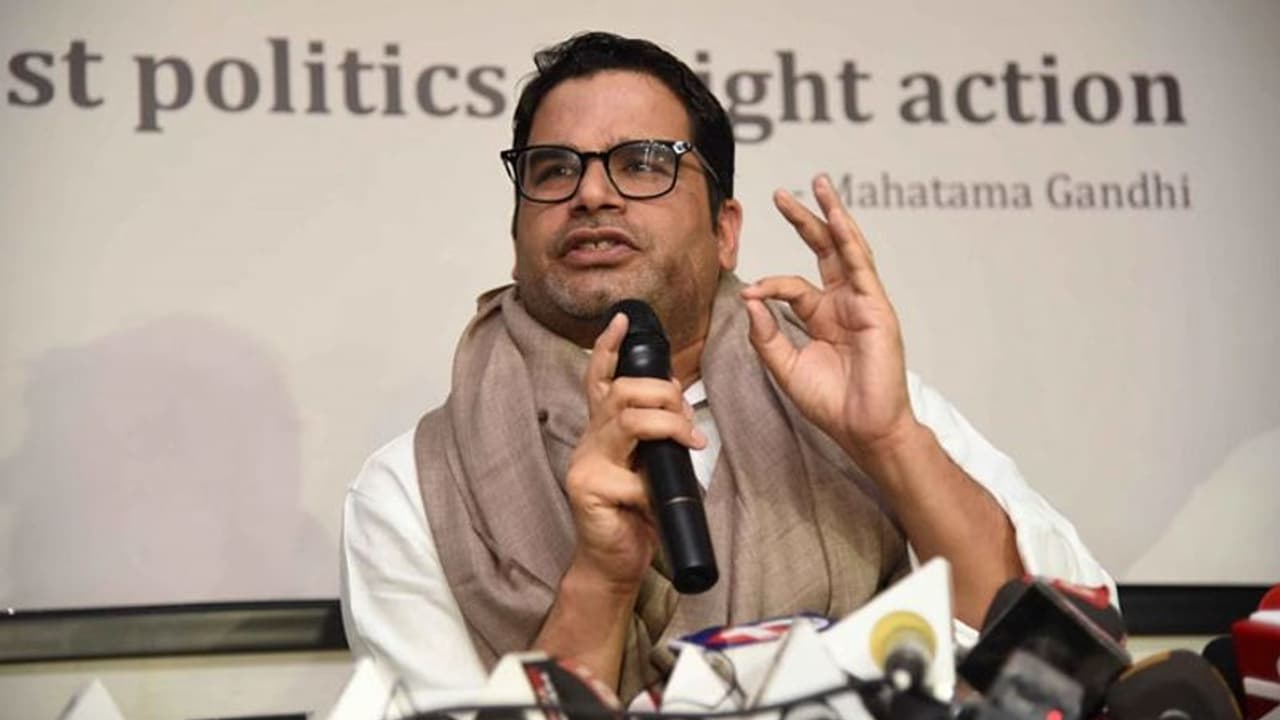Prashant Kishor's remark comes a day after Mamata Banerjee said that "there is no UPA presently" during a meeting with NCP president Sharad Pawar in Mumbai.
Prashant Kishor, a political strategist, took a veiled jab at Congress leader Rahul Gandhi, stating that leadership of the Congress is not a divine prerogative of a person, especially when the party has lost more than 90% of elections in the previous ten years. Kishor stated on Twitter that the notion and space that Congress symbolizes is critical for a robust opposition, but that Opposition leadership must be selected democratically.

It comes after West Bengal Chief Minister Mamata Banerjee slammed the Wayanad MP, stating that he can't stay overseas most of the time. Prashant Kishor's remark comes a day after Mamata Banerjee said that "there is no UPA presently" during a meeting with Nationalist Congress Party (NCP) president Sharad Pawar in Mumbai.
Mamata Banerjee has been on an expansion push for her Trinamool Congress (TMC) to position the party as a national alternative to the Congress. Following a meeting with Sharad Pawar in Mumbai on Wednesday, the TMC president urged for a unified front against the BJP, saying, "What exactly is UPA? There isn't a UPA ". In response, Congress officials stated that a political party focused on its interests and personal goals could not compete with the BJP just by condemning Rahul Gandhi.
During her interactions with members of civil society, Banerjee said she offered Congress the formation of an advisory council of significant civil society figures to guide the Opposition, but it was "in vain." Prashant Kishor has been dropping truth bombs on the Gandhis ever since his conversations with them fell. Prashant Kishor attacked the Congress two months ago, stating that anyone expecting a rapid resuscitation of the Opposition headed by the grand-old party following the Lakhimpur Kheri episode would be disappointed since there were no quick-fix remedies to its "deep-rooted problems."
